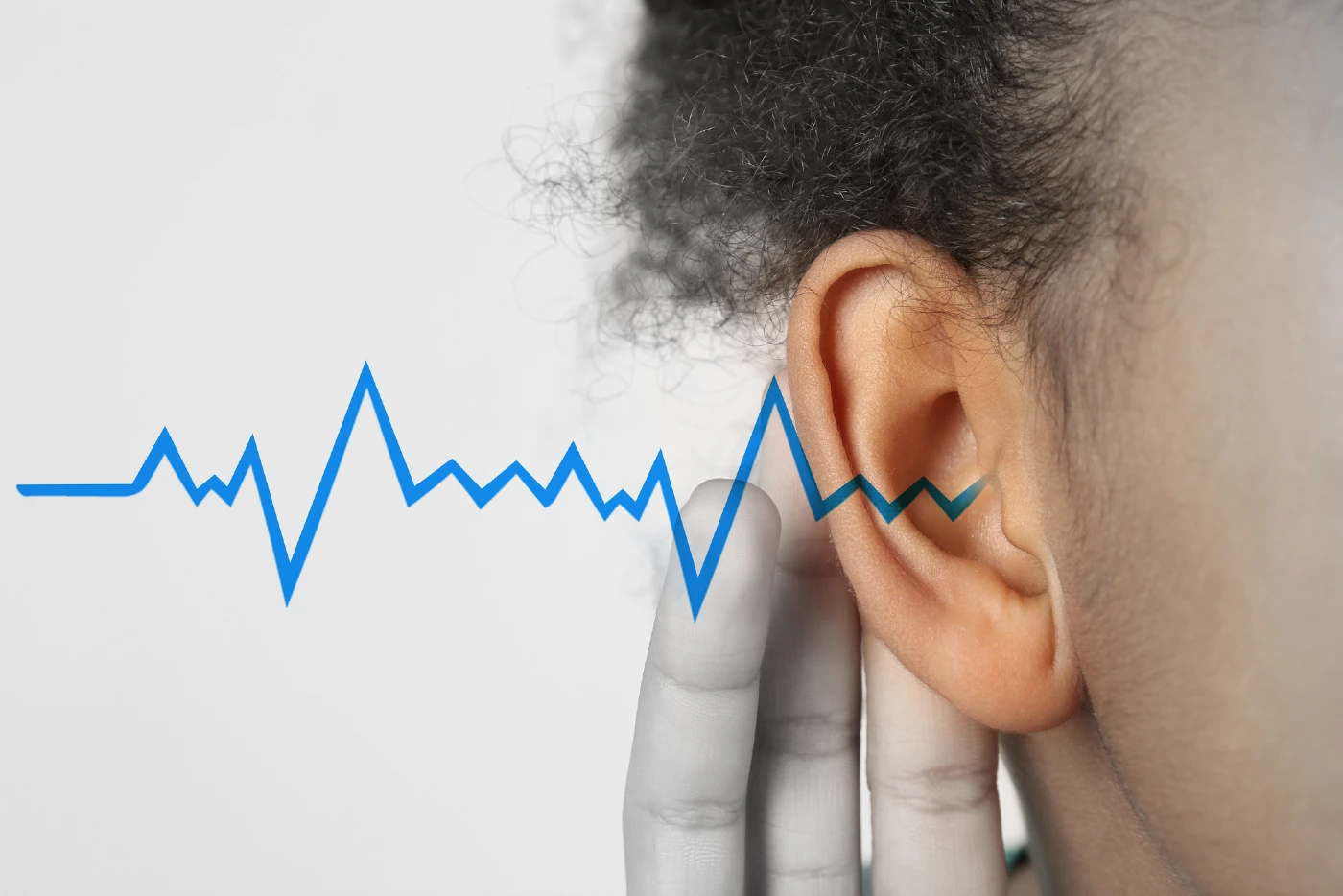Blog
Blog
Hearing loss in one ear

Loss of hearing in one ear rather than both, a condition called unilateral hearing loss, is rarer than binaural hearing loss. While it may seem manageable, since the person retains some hearing ability, it can significantly compromise their quality of life. It can even put a person at risk of not hearing important warning noises. Here’s what you need to know about unilateral hearing loss.
What causes hearing loss in one ear?
Unilateral hearing loss can be present at birth or may develop later in life. It may occur gradually or come on suddenly. If the hearing loss in one ear is profound or near-profound, it’s referred to as single-sided deafness. Several medical conditions can also lead to a loss of hearing in one ear, including:
- High blood pressure
- Meniere’s disease
- Head trauma
- Bacterial or viral infections
- Autoimmune attacks
Be aware that sudden hearing loss in one ear is considered a medical emergency, even if you have no pain. If this happens to you, immediately seek medical treatment and audiological assessment.
How does unilateral hearing loss affect your hearing?
Hearing through only one ear may deceive you into thinking you have fully functional hearing capability. However, one-sided hearing creates some problems.
- Impaired sound localization. When you hear a sound, your brain tells you where it’s coming from based on which ear receives it. If you’re processing all sounds through one ear, you may not be able to tell where a single sound is coming from.
- Difficulty hearing high frequencies. High-pitched soundwaves don’t have the same ability to bend around your head. This makes higher pitches harder to hear. Many consonant sounds are difficult to distinguish, making language processing more difficult for a person with unilateral hearing loss.
- Inaccurate volume detection. When a sound hits both ears at once, your brain turns this data into an awareness of a higher volume. With all sounds coming through one ear, you lose this nuance in perception.
- Fatigue and disorientation. Unilateral hearing loss can limit your brain’s ability to filter insignificant noise. The added sensory data can leave you feeling overwhelmed and drained of energy when in crowds.
If you have long-term unilateral hearing loss, you may benefit from a specially designed hearing aid. CROS hearing aids transmit sound from your non-hearing side to your hearing ear, giving you more natural sound perception.
Diagnosis and treatment for unilateral hearing loss in Alberta
Whether you’re living with single-sided deafness or partial hearing loss in one ear, the audiologists and hearing aid practitioners at Soundwave Hearing Care can help. We have the expertise and the technologies, from comprehensive hearing tests and auditory processing assessments to industry-leading CROS and BiCROS hearing aids from Starkey, Oticon, and Phonak, to help you overcome your hearing challenges. Contact us today to book an appointment.
All the blogs are reviewed and edited by our clinic's lead audiologist, Dr. Anne Wooliams. Dr. Woolliams is an experienced audiologist specialized in pediatric audiology, auditory processing, and tinnitus/sound sensitivity therapy. She is dedicated to providing top-notch hearing care and helping her clients improve their language and communication abilities. Dr. Woolliams' expertise in literature and linguistics, combined with her passion for helping people improve their language and communication, make her an incredibly valuable asset in the field of audiology. Learn more about Dr. Woolliams.
